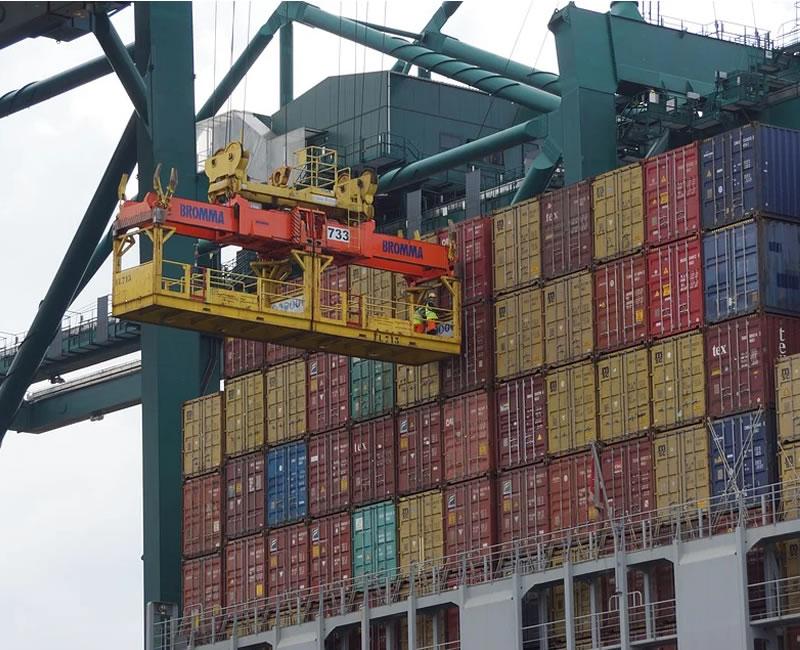Najla Buhatem Maluf
Political Scientist. Lawyer.
Foreign Trade Specialist at MLAW
nabuhatemm@rmadvocacia.com.br
The responsibility of the maritime agent compared to that of the foreign freight carrier was questioned by another national institution. This time, a proposal for tax collection by the Administrative Council of Tax Appeals (CARF), determining that agencies would have legitimacy to answer for infractions committed by the foreign shipowner.
It is worth noting, initially, that the foreign trade activity practiced by the maritime carrier was instituted in the early days of human history. Thus, the need for foreign shipowners to guarantee, in ports around the world, someone representing them before the local authorities of each country made the need of the maritime agent essential.
The maritime agent is requested to receive and deliver cargo, acting as agent of the foreign carrier. This has been the position most defended by the National Federation of Maritime Navigation Agencies-Fenamar, which states that as a representative they cannot be held responsible for practices that exceed the limits of their mandate.
Nevertheless, in the event of infringement by a foreign person, who should answer to the local institutions? The understanding in the Brazilian judiciary is divergent on the legitimacy of the maritime agent, stating that they have the duty to represent the shipowner in the legal sphere, or only in a conventional way.
Given the absence of a consolidated legal instrument on the matter, the agencies were concerned about the provisions of the 49th proposal of a summary of the CARF, pointing in a general way that they would answer for infractions committed in the transport of goods, including being charged for taxes, fines and other obligations, which was unacceptable for the class.
In fact, it appears that it is unreasonable to impose fines in millions of Brazilian reais on the maritime agent, who is a small local businessman, as a result of the duties of a particular individual who operates at the international level. It is inappropriate for the CARF to attribute to the agencies the role of the person responsible for all infractions committed in the transportation of goods. It would be a start and a reason for apprehension in foreign trade, generating imbalance and irreparable effects on international business.
Indeed, in view of the absence of a clear legal rule of tax liability of the “representative of the foreign carrier in Brazil”, Summary 192/TRF was issued, determining that the maritime agent is not considered responsible, nor can it be equated with the status of foreign carrier.
Ultimately, there is an urgent need to consolidate the norm to hold the carrier exclusively liable, even if the maritime agent has assumed charges that are beyond its purview. This is yet another event that shows that it is not feasible to undermine democracy with detailed and meaningless rules, having an authoritarian power in flexible times acting meticulously and intrusively in the private market.


